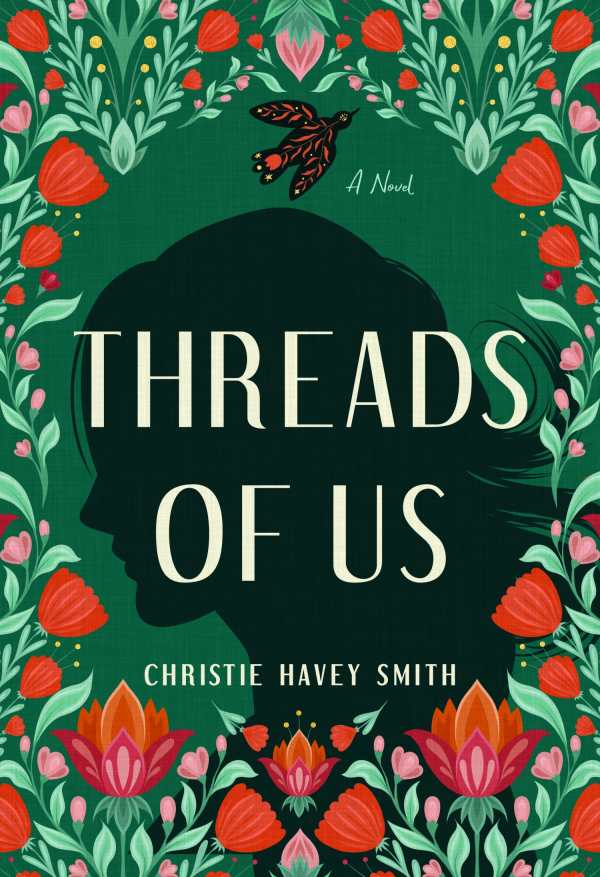
Threads of Us
A wounded woman is assisted in the search for the truth about her late father in the empathetic novel Threads of Us.
Christie Havey Smith weaves together four entwined perspectives in Threads of Us, a novel about grieving a parent and finding the courage to move on.
In Chicago in 2014, Gracie, a twenty-six-year-old dancer, struggles to infuse her movements with emotion. With her “life … sprung from wounds,” she deals with anxious naivete, a traumatic past, and her emotional distance from her father. Often, she pushes down her own desires and dreams in favor of monotonous stability. She also makes poor decisions, as with dating Mark, a pretentious and uncaring law associate who’s emotionally unavailable. Gracie, it seems, doesn’t understand what a healthy romance ought to look like.
On the night of a career-altering showcase, Gracie’s cosmopolitan businessman father dies in a suspicious accident. Now orphaned, Gracie clings to Mark—and to the unusual gifts her father willed to her. Indeed, she pushes away her grief in favor of untangling the mysteries her father left behind, confronting the difficult truth that she didn’t know the man who raised her well at all.
As the book progresses, Gracie takes tentative steps outside her shell—in particular when she’s bantering with her father’s handsome colleague, Beau, who in a way also lost a parent, and with whom Gracie finds solace in their shared pain. In time, Beau and Gracie form a deep connection, gravitating to each other and helping each other move on from the past through simple acts of empathy and understanding.
As the book continues, Gracie and three other rotating narrators—including Éloïse, an Ungava Inuit shopkeeper in Old Montreal who had a moving relationship with her late mother, and Daryl, a private investigator with an unusual, tunnel-vision interest in helping Gracie unravel the mysteries of her past—reveal the different ways that a person can lose a parent. However, the secondary narrators do more to further Gracie and Beau’s story than they do to tell their own tales. Daryl’s voice is indistinct; Éloïse, meanwhile, imbues items in her shop with significance, including one commissioned for Gracie: “Objects do not have power until we give them power, or meaning until we give them meaning … this small work of art was charged with an energy of love and healing.” Their limited perspectives prove key to unlocking the mystery of what happened to Gracie’s father on the night he died, giving voice to what he was desperate to tell her.
Indeed, clues regarding Gracie’s father’s fate are deployed at opportune times, though Daryl is their sometimes too-convenient vehicle: he comes up with information when it’s necessary but does not seem to be working hard to find it. Still, the mystery wraps up in a way that is satisfying, with each of the narrative threads woven together at the end.
In the romance-infused mystery novel Threads of Us, a woman’s search for the truth behind her father’s death highlights the myriad ways that people experience grief.
Reviewed by
Leah Block
Disclosure: This article is not an endorsement, but a review. The publisher of this book provided free copies of the book and paid a small fee to have their book reviewed by a professional reviewer. Foreword Reviews and Clarion Reviews make no guarantee that the publisher will receive a positive review. Foreword Magazine, Inc. is disclosing this in accordance with the Federal Trade Commission’s 16 CFR, Part 255.
